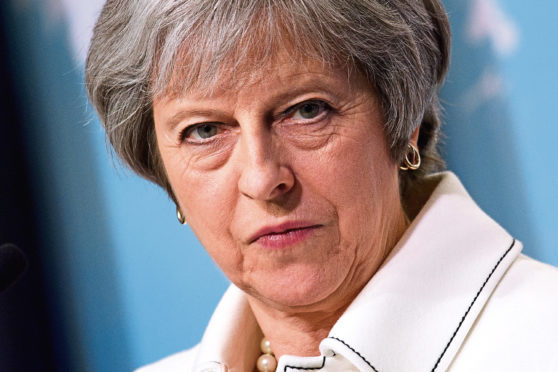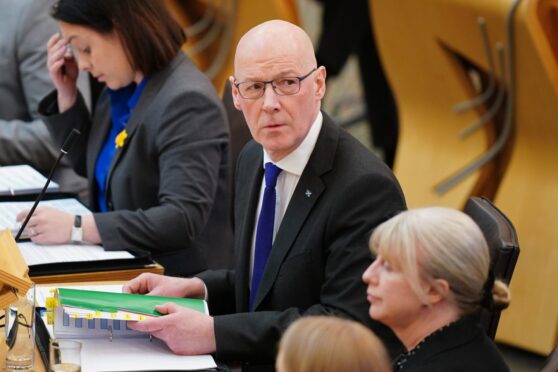A Scots professor has delivered a damning assessment of Theresa May’s new Brexit policy, warning it will provide only “illusory sovereignty”.
Professor Michael Keating said her government’s white paper proposals effectively retain the free movement of people and will thwart the UK’s ability to strike trade deals with other countries.
The constitutional expert said “almost all” of the British Government’s red lines have been breached, including leaving the single market and ending the jurisdiction of the European Court of Justice in Britain, adding it is possible the exit blueprint will be rejected by Brussels.
Writing for the Centre of Constitutional Change, the Aberdeen academic said he expects other nations to prioritise trade deals with the EU over the UK.
“Any deal with third countries would also have to be compatible with the maintenance of EU product standards – so no chlorine-washed American chickens,” he said.
“It is difficult to see what real scope would remain for a separate trade policy in these conditions.”
On freedom of movement, he said if ministers pursue an EU migrant worker system “aimed at addressing current needs, the outcome is unlikely to be very different from what exists at present”.
Mrs May’s framework envisages the UK and EU having a “common rulebook” for trade in goods and continued payments for participation in shared agencies and programmes.
It sets out plans for an end to free movement, with new rules allowing visa-free travel for tourism and temporary work.
Professor Keating, who is the director of the Centre on Constitutional Change, declared that “almost all the government’s red lines have been breached”, including the vow to leave the single market and exempt Britain from ECJ jurisdiction.
“The white paper talks about the UK Government making ‘sovereign decisions’ to adopt European rules but, as we know from the experience of Norway and Switzerland, this can be an illusory sovereignty when the costs of deviating from the rules is exclusion from the single market or European programmes,” he said.
On Brussels’ reception to the plans, the professor said: “It is by no means clear that they will be acceptable to the EU, which has made it clear that it will not accept ‘cherry-picking’ and that the elements of the single market are inseparable.”










